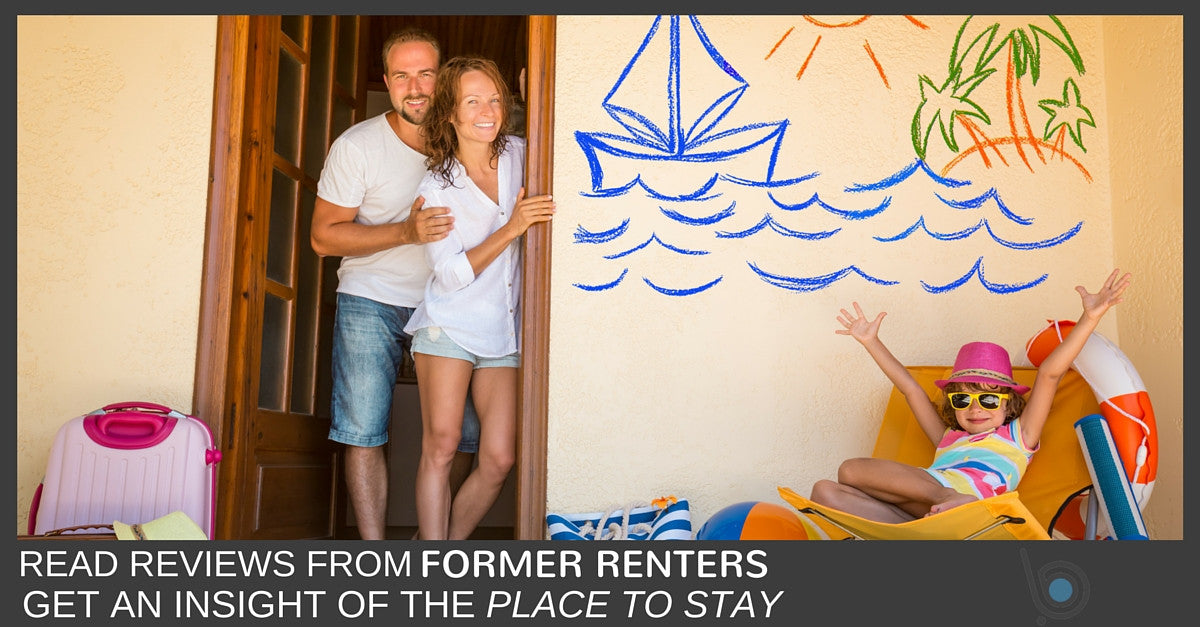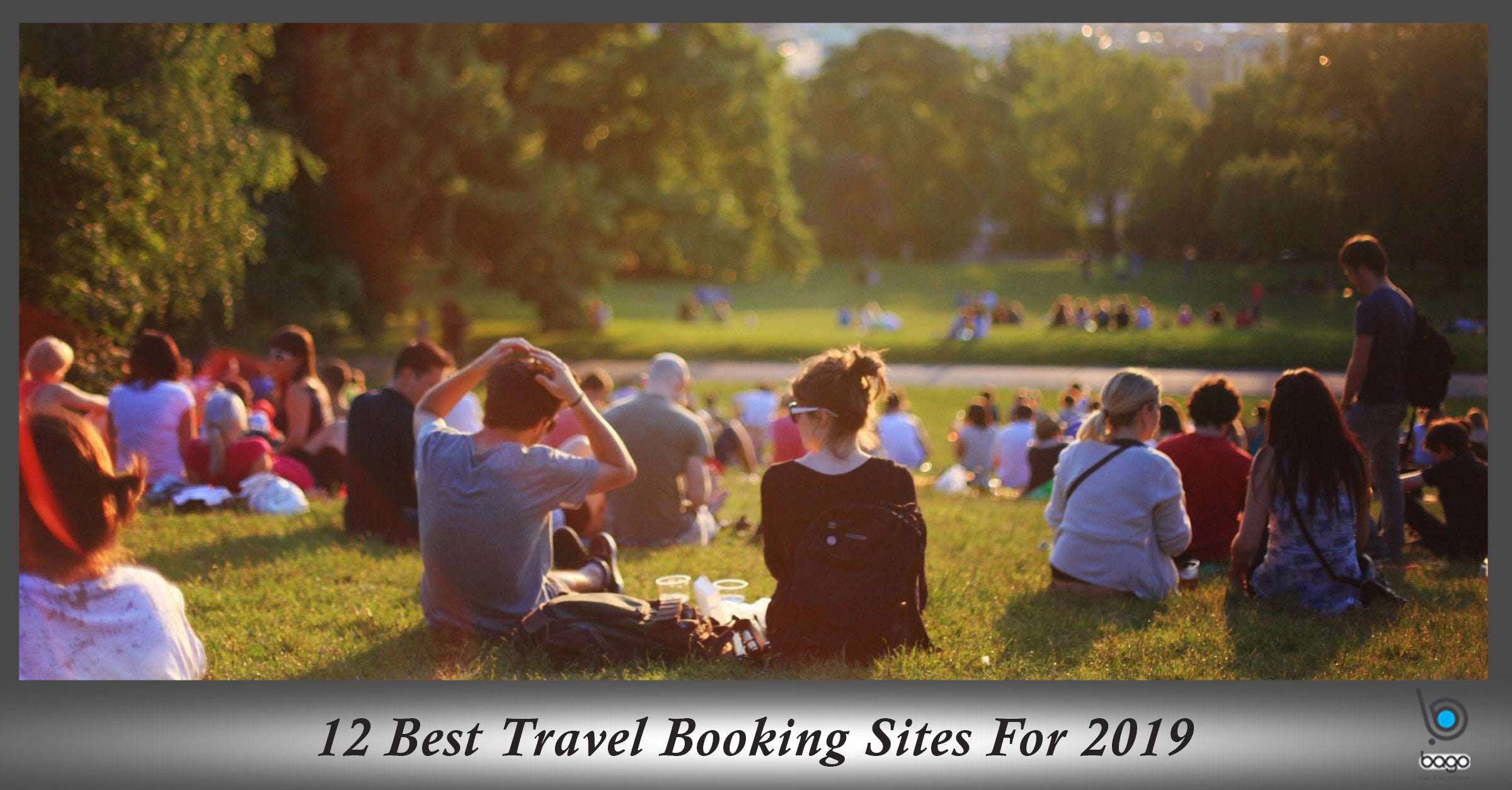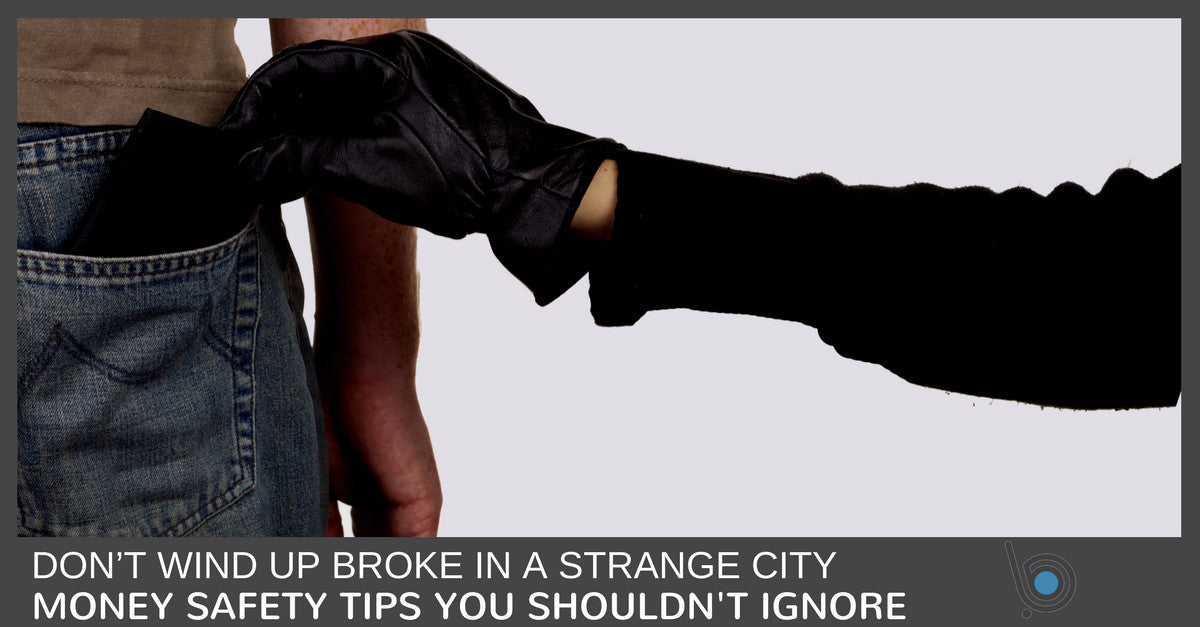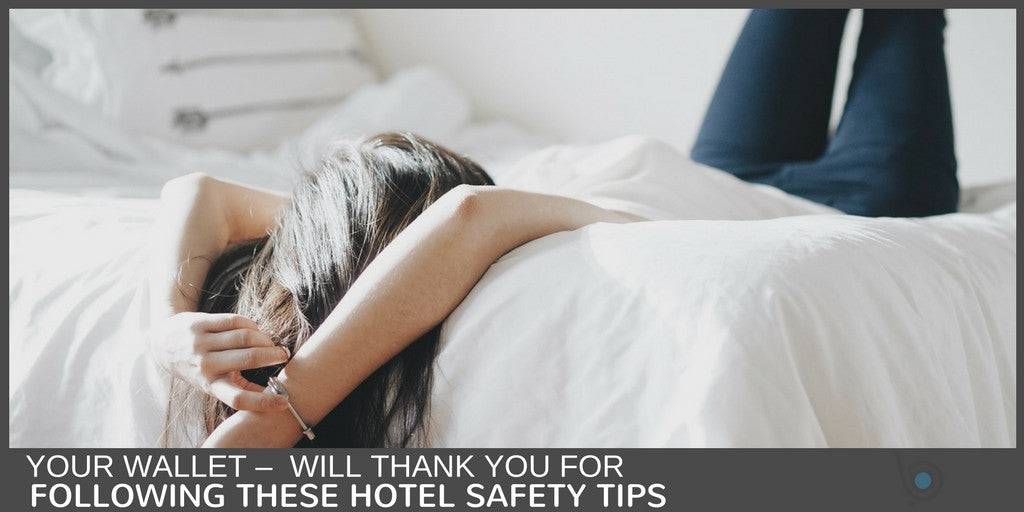Vacation homes can be a great alternative to staying in a hotel. It can be a great option for large groups of families or friends, or people who like their own space.
Different from hotels, private vacation homes or condo rentals offer unique amenities and opportunities. Many times they come along with a pool, access to tennis courts and other fun opportunities that you won’t find while staying in a hotel.
And while there are different benefits to a vacation home, it’s important to be aware there are also different sets of rules when it comes to renting. Be sure to know everything you’re agreeing to and paying for before you sign any contract.
Rent From A Verified Host
While anyone can put their vacation home up for rent, it doesn’t mean you’ll want to rent from them. Before getting too far into the process, try to learn more about your host.
Many sites offer verification of their hosts. If this is the case, make sure they are verified and allowed to be renting. These sites often conduct background checks on their hosts, so you’ll have some idea of what you’re getting into beforehand.
If your renting site doesn’t offer official verification, do your own informal investigation - use technology. Google your host. Does anything negative show up? Do they have a professional Facebook or Twitter for their business or rental accounts? Ask them for professional and personal references. Do your best to verify the story they are portraying.
If you find anything negative from what you find or get bad vibes after doing some research, stay away. Choosing to rent from a verified, reputable host will help solve some problems down the road before they are created.

Review The Reviews
After you’ve vetted your host to the best of your abilities, and you’ve found a house you’d like to rent, it’s time to read the reviews.
Reading reviews from former renters can provide valuable information and insight into the place you’re looking to stay at. It can also give you an inside-look at your host.
Though they can’t be 100% guaranteed accurate, reviews left by previous renters will often say what they liked and didn’t like. Look for comments on the condition of the house, the offerings inside, the cleanliness, the location to other activities, and any amenities offered.
Keep in mind that if there is a negative part of the review, it doesn’t mean it is a “bad” thing. For example, if someone is complaining there were only 5 beds available, but you’ll only need 4 beds on your trip, it wouldn’t be something negative to factor into your decision-making.
However, if you read several reports from people saying the bathroom was not clean and was filled with mold, you might take that as a red flag and stay away from that rental property.

Secure Your Deposit
Once you’ve decided on the property you’ll be renting, it’s time to protect yourself. Instead of blindly paying the security deposit, make sure you read the contract in-depth.
Does the security deposit cover everything you need it to? You should make sure that you and your guests are only liable for incidents that you create. For example, if the basement floods because of years of pipe damage, you shouldn’t be held responsible for it. If you feel something needs to be added or removed from the security deposit agreement, make sure to tell your host before paying the deposit.
When paying, make sure it is through a verified source. If you’re sending a check or cash, be sure to get a receipt and keep it on-hand with you for the duration of the trip. If you’re paying with a credit card, make sure it is through a verified source so you don’t get your information stolen.
Keep It Clean
The best way to ensure you get your security deposit back is to respect your host and their property.
Keep in mind that, many times, the vacation home is the host’s main form of income; they depend on it to make a living. And if you and your guests ruin it, cause damage, or leave it dirty, it can hurt them and their business.
Make sure to leave everything the way you found it. The second you get in the rental unit, take photos of everything. Reference them when leaving to make sure you haven’t missed anything. Hosts will sometimes even charge renters if furniture is not put back the way it originally was. Make sure you know what the host expects from you.
Be sure to follow check-in and check-out rules laid out ahead of time. Additional costs may apply if you choose to arrive early and leave late.
By following these tips before, during, and after your stay, you’ll be able to protect yourself and your guests, and have the best trip possible when you rent your next vacation home.






















